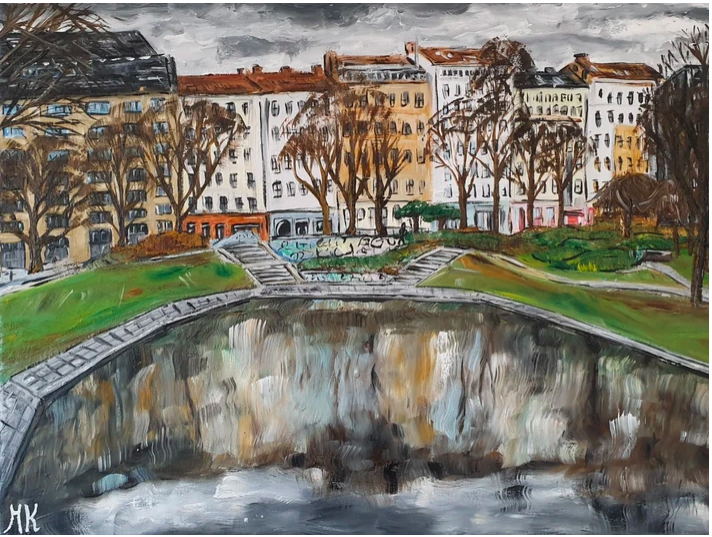When voters in Germany go to the polling stations this coming Sunday to cast their votes in the European elections, one question will be uppermost in many people’s minds: how well will the far -ight do?
The question is not just about how many right-wing populists and far-right extremists there will be in the next European Parliament. These elections will be an important indicator of the political mood at the national level too – in Germany as well as in the other EU Member States.
Many people are casting a worried eye at their European neighbours. At the centre-right coalitions in the once so progressive northern states. At right-wing populist Prime Minister Giorgia Meloni, who has long since become part of the political mainstream in Italy. At the Netherlands, where right-wing populist Geert Wilders has succeeded in putting together a governing coalition of right-wing forces. And, not least, at France,where Marine Le Pen’s and Jordan Bardella’s Rassemblement National is enjoying a steady upswing in support.
Growing influence of the far-right in Germany
Right-wing forces are becoming increasingly influential in Germany, too. Those who thought their rise was just a temporary phenomenon, a reaction to the refugee crisis of 2015 and 2016, were seriously mistaken. The right-wing extremists of the Alternative für Deutschland party(AfD) have established themselves as a political force. Earlier this year they reached a new high of 23 per cent in the polls.
Now, shortly before the European elections on 9 June, the AfD’s popularity has taken a hit in the wake of a number of scandals in recent weeks. Both its lead candidates in the European elections are currently under investigation on suspicion of having taken bribes.
First-place candidate Maximilian Krah, who has been a member of the European Parliament since 2019, is currently the subject of two preliminary investigations, on suspicion of having taken payments from Russia and China. A former member of Krah’s staff was arrested in April, suspected of having spied for China in the European Parliament.
Do you like our work?
Help multilingual European journalism to thrive, without ads or paywalls. Your one-off or regular support will keep our newsroom independent. Thank you!












